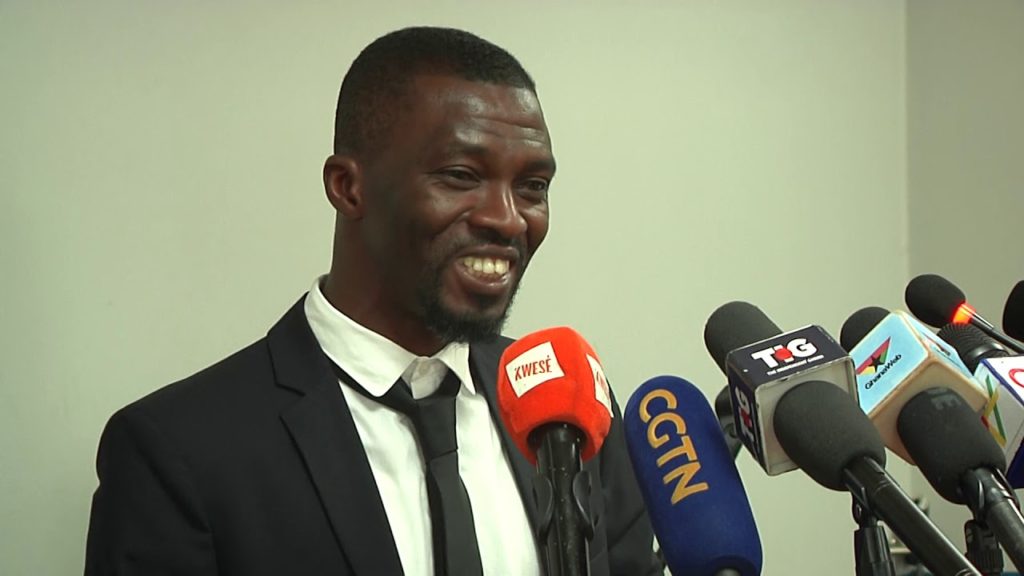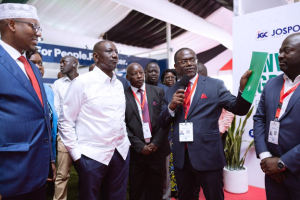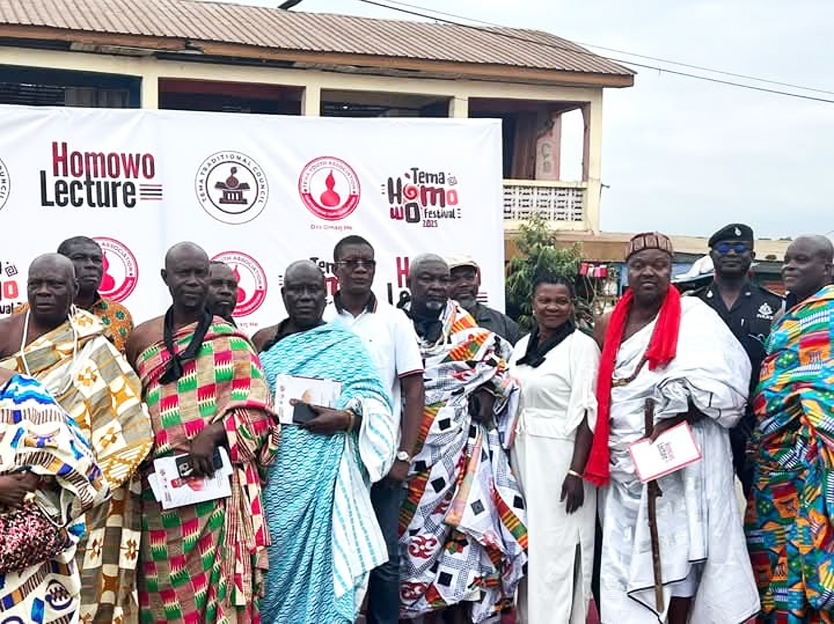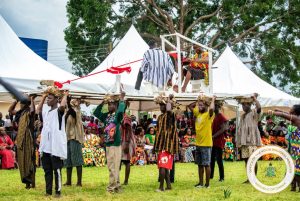
“You are given stew, and you add water, you must be wiser than the cook.” – Yoruba Proverb
Many of us, whenever we hear the ‘faith’ word instantly connote it with religion. The reasons vary, but we need to understand that faith, far from being a mere religious sentiment, is the very scaffolding of our daily reasoning. Every time we board a trotro, trust a friend, or believe the sun will rise tomorrow, we are enacting faith.
It is not blind, it is some rational trust based on experience, memory, and intuition. Interestingly, many of us who consider ourselves ‘modern’ and ‘educated’ are so proud of our empiricism, we do not realise that even science rests upon faith.
We go about daily operating on assumptions that cannot be proven. For example, quite the majority amongst us live as if things matter, as if people are important, as if time is meaningful, etc.
These are not conclusions drawn from data; no, they are convictions born of faith. In our daily routines, our faith inspires us. We trust drives to stop at the red light. We believe our children will grow. We believe our businesses will flourish and hope our work will bear fruit. These are faith gestures, whether we label them as such, or not. It is not dogma, but orientation. We go about presuming a world that is intelligible, moral, and beautiful.
Interestingly, because religion historically shaped our societies, many of us have unconsciously labeled ‘faith’ as a sacred noun. It is not surprising that we mention it in hushed tones anchored in divine mysteries. But in truth, faith is everywhere.
If you pick up a dictionary, one of the definitions you are likely to be given goes as “complete trust or confidence in someone or something.” This teaches us that in its fundamental meaning, faith is a strong belief that does not necessarily require evidence. Thus, to put it in its proper perspective, faith is the grammar of our lives. It is the structure beneath our speech, and the logic beneath our choices.
Faith is the soil in which our daily lives are rooted. As a matter of fact, our modus operandi is shaped by it. This is because of our contemplative awareness that life and our lives are enfolded in mystery, and it will always be.
To this end, we all live by faith. It is a way of being in the world, whether you are religious or not. For the believer, faith is the fulfillment of his or her daily trust in the providence and protection of God. And to the non-believer, it is the bridge between what he or she knows and what he or she hopes for. That is the hope, all of us, believers and non-believers use to shape our days. To deny faith is to deny the very mechanism by which we live.
We have been taught that there are almost no guarantees in life, except taxes and death. Therefore, every decision we make presupposes that we hope for something that is beyond ourselves and in circumstances that we cannot control. Even skeptics, in their denial, exercises faith whether in their reasoning, senses or their own judgments.
For example, we wake up every morning believing we would see the end of the day. That is not a guarantee, “it is the assurance of a circumstance we hope for.” That is why many scholars argue that faith is not opposed to reason; rather it is its foundation. Without faith, reason becomes sterile, a machine without direction. Faith gives reason to the purpose of our decisions. It allows us to see not just what is, but what could be.
Faith is important because we are beings created to commune with one another. And many aspects of life, such as our emotions, values, experiences, etc, are not just subjective, but they cannot be easily captured through empirical methods.
They are longings of our inner selves that assume meaning, order and a future all geared towards mostly making life better. So, when we sow seeds (philosophically, we are all farmers), we do so with the belief that they will grow to bear fruit. Yes, we are not certain, but faith allows us not to be paralyzed by uncertainty, but to move, act, and live.
To sum it all up, faith is not naïveté as some skeptics proclaim. Rather it is courage. It is the decision to live as if goodness is real, even when evidence is scarce. It is the quiet defiance of despair, even when the evidence project gloom. It is our consent to live, to love, and to be.
It is deeply rational, because it aligns with the deepest intuitions of the human heart. In that yes, we find so many things. Some find God, not as an object, but as the ground of our being. Others discover hypothesis that drives them to find evidence to produce theories for better understanding of events and circumstances. And many more allow it to guide their steps that life is worth living and we all need to build community and prosperity for our humanity….
The post The Attitude Lounge with Kodwo Brumpon: The essence of faith appeared first on The Business & Financial Times.
Read Full Story












Facebook
Twitter
Pinterest
Instagram
Google+
YouTube
LinkedIn
RSS